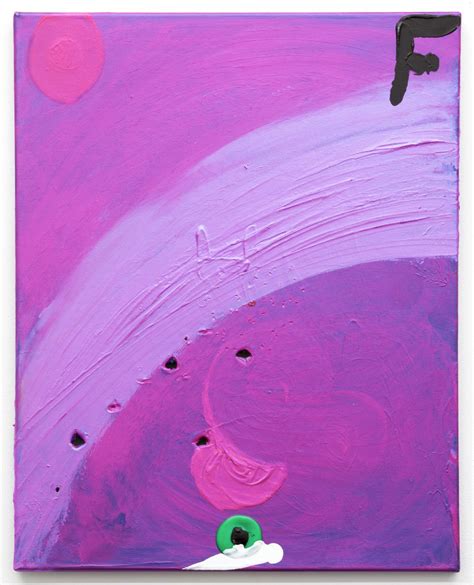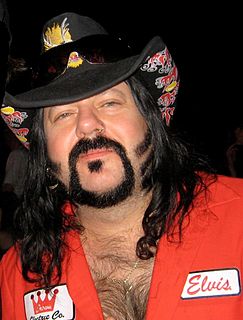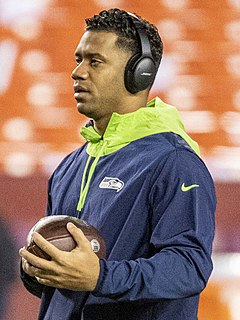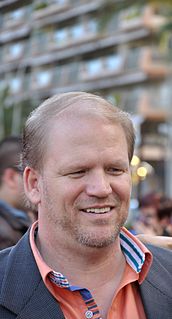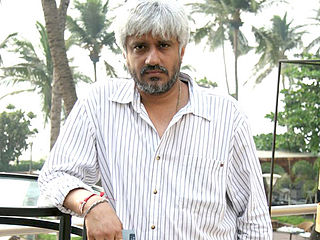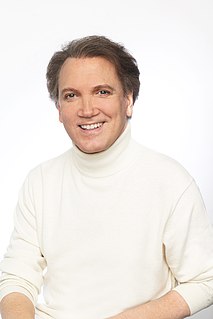A Quote by Sue Tompkins
I started using Notes [on my iPhone] but I do a lot of hand written notes. It's a very slow, accumulative thing.
Related Quotes
A good way to work on alternate picking is to choose three or four notes, and work on those. Too often, players who are trying to improve their right hand dexterity get hung up by playing too many notes with the left hand.I hear a lot of players running whole scales from the sixth string to the first , and playing them really sloppy.Keeping it very basic-and using only a few notes-and playing slowly with perfect rhythm is a task in itself.
You never can tell, though, with suicide notes, can you? In the planetary aggregate of all life, there are many more suicide notes than there are suicides. They're like poems in that respect, suicide notes: nearly everyone tries their hand at them some time, with or without the talent. We all write them in our heads. Usually the note is the thing. You complete it, and then resume your time travel. It is the note and not the life that is cancelled out. Or the other way round. Or death. You never can tell, though, can you, with suicide notes.
The seven white notes on the piano - each section of the piece (there are 12 sections) is five of those seven white notes. If you calculate it, there are 21 groups of five notes in any group of seven notes. And although there are 12 sections, this piece actually uses nine of those groups because some of the sections repeat earlier ones. So that's the formula. It's very simple as a way of generating something. It's my inner minimalist.
I’ll write down little lines, I always say, 'K.T.N.,' and I say that to my receivers and running backs and that means 'keep taking notes.' That keeps me alert. That keeps me going. That keeps my drive there, even when you’re taking notes on something that you’ve already taken notes on a million times - keep taking notes.
You get notes from two studios and a network instead of a studio and a network. Although we early on forced them all to do their notes together. I make them all talk to each other first. Because we went through the pains of getting notes from ABC and at the time it was Touchstone, that were opposite - and then CBS notes that were opposite again. So it was, you guys are going to have to work it out as to what is the most important note.
The closest thing to an outline is, because my memory is so bad now, if something occurs to me that I think might be important or pivotal, a lot of times I'll scribble notes down somewhere until I can get back to the book. Of course half the time I look at those notes the next morning and think, "What was that about?"
I took many notes, more than usual before I sat down and wrote Act One, Scene One. I had perhaps eighty pages of notes. . . . I was so prepared that the script seemed inevitable. It was almost all there. I could almost collate it from my notes. The story line, the rather tenuous plot we have, seemed to work out itself. It was a very helpful way to write, and it wasn't so scary. I wasn't starting with a completely blank page.
